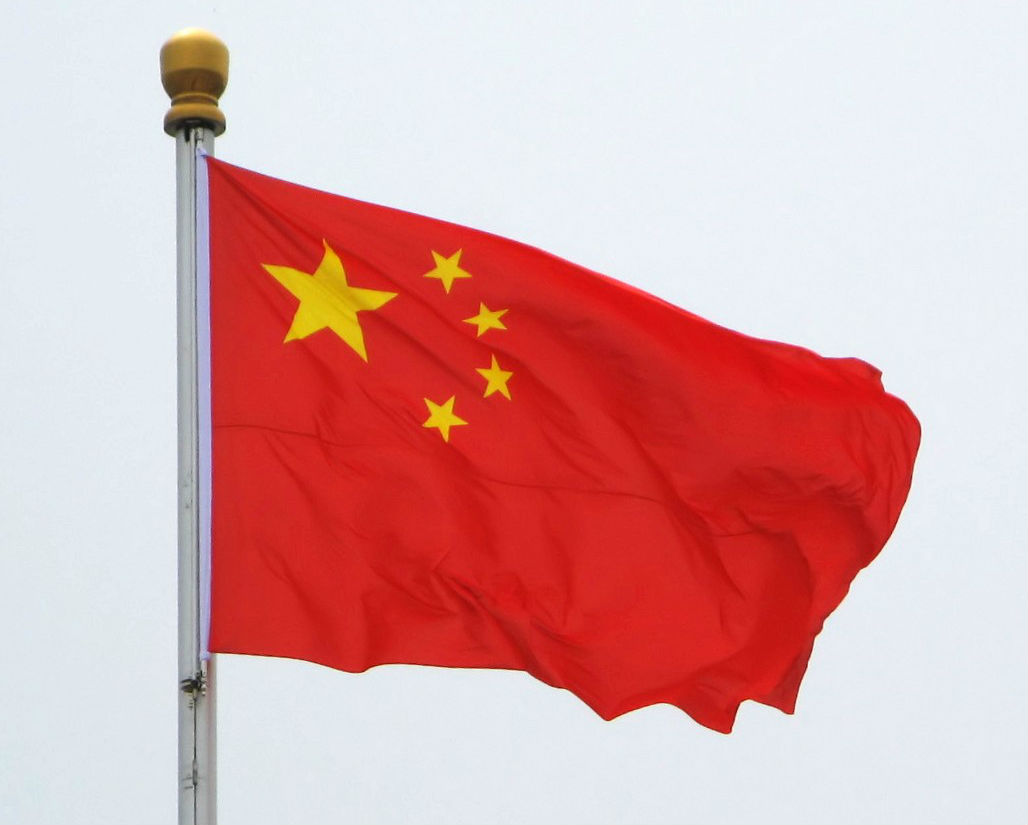China Hires Morgan Stanley, Goldman Sachs to Advise on Pipeline Asset Transfers — Sources
HONG KONG/BEIJING (REUTERS) — Top Chinese energy firms have mandated investment banks Morgan Stanley and Goldman Sachs to act as advisers for multi-billion dollar deals transferring oil and gas pipeline assets into a national energy infrastructure giant, four sources said.
Overseen by a government vice premier, underlining the project's importance for Beijing, Beijing aims to complete the asset transfers and start operation of the new entity - valued by industry analysts at more than $40 billion - by the end of September, oil industry officials said.
"The timetable is a moving target but the goal was to complete the (asset) merger by end of July," one person with direct knowledge of the matter told Reuters.
China announced in late 2019 that it would establish a National Oil and Gas Pipeline Company by combining pipelines, storage facilities and natural gas receiving terminals operated by China National Petroleum Corp (CNPC), China Petrochemical Corp (Sinopec Group) and China National Offshore Oil Company (CNOOC).
The new entity - also known as PipeChina - was conceived by Beijing to provide oil and gas producers neutral access to energy infrastructure, and in so doing boost non-state investment in exploration of oil and gas.
Morgan Stanley has been selected to advise Sinopec, according to two sources with direct knowledge of the matter.
Goldman Sachs was selected for CNPC, two separate sources said.
It was not immediately clear if CNOOC had appointed an international adviser.
For the new pipeline group itself, China International Capital Corporation, or CICC, has been appointed as adviser, three separate sources said.
All of the people interviewed by Reuters requested anonymity because the matter was not public.
Sinopec declined to comment. PetroChina and CNOOC did not immediately comment.
On the banks side, Morgan Stanley declined to comment, as did Goldman and CICC.
According to some industry insiders, the transfer of some of the assets, such as the Shaanxi-Beijing gas trunk line project and natural gas receiving terminals that involve joint venture partners and minority stakeholders, may take longer to complete.
Related News
Related News

- Keystone Oil Pipeline Resumes Operations After Temporary Shutdown
- Freeport LNG Plant Runs Near Zero Consumption for Fifth Day
- Biden Administration Buys Oil for Emergency Reserve Above Target Price
- Mexico Seizes Air Liquide's Hydrogen Plant at Pemex Refinery
- Enbridge to Invest $500 Million in Pipeline Assets, Including Expansion of 850-Mile Gray Oak Pipeline
- Enbridge Receives Approval to Begin Service on Louisiana Venice Gas Pipeline Project
- U.S. to Acquire 3 Million Barrels of Oil for Emergency Reserve in September
- AG&P LNG Acquires 49% Stake in Vietnam's Cai Mep LNG Terminal
- BP's Carbon Emissions Increase in 2023, Ending Decline Since 2019
- Texas Sues EPA Over Methane Emission Rules for Oil and Gas Sector





Comments